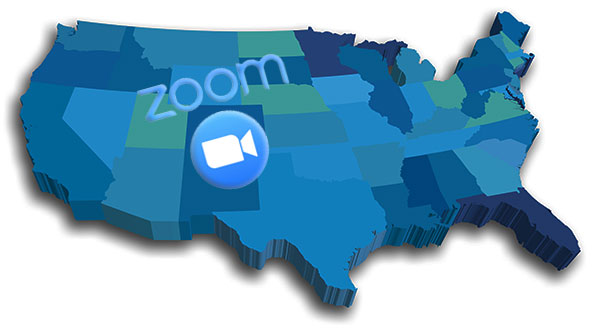A degree in urban planning gives you the tools to help build smarter, more livable cities. It’s a hands-on, creative major that combines topics like design, sustainability, and community to help shape the places where people live and connect. If you care about how neighborhoods function, how cities grow, or how to make communities more equitable and sustainable, this major could be for you.
What Is Urban Planning?
Urban planning is all about designing and managing the spaces where people live, work, and play. It can combine aspects of geography, public policy, design, environmental science, and economics to create communities that are safe, inclusive, efficient, and sustainable.
Urban planners might work on anything from zoning laws and transportation systems to affordable housing strategies or green infrastructure. Whether helping rebuild a downtown area or guiding climate-conscious growth, urban planners are problem-solvers focused on improving quality of life.
Urban Planning Coursework
Because urban planning draws on so many fields, the curriculum tends to be broad and interdisciplinary. Coursework may include:
• History and Theory of Urban Development: Understand how cities have evolved and what drives urban change.
• Public Policy and Economics: Learn how policies shape communities and how to assess their impact.
• Environmental Science and Sustainability: Explore how land use, energy, and climate issues intersect with urban development.
• Geographic Information Systems (GIS): Use mapping tools and spatial analysis to make data-driven decisions.
• Urban Design and Architecture: Get a foundation in designing physical spaces, from streetscapes to parks.
• Community Engagement and Social Planning: Study how to include diverse voices in planning processes.
Experiential Learning Opportunities
Urban planning is a hands-on field, and most programs reflect that. Expect studio-based classes where you’ll work on real or simulated planning projects, as well as internships with public agencies, nonprofits, or consulting firms.
Urban Planning Specializations and Focus Areas
While some programs stick to general urban or city planning, others allow students to specialize in areas such as:
• Environmental or Sustainability Planning
• Transportation Planning
• Urban Design
• Housing and Community Development
It’s also important to distinguish between urban planning and urban studies. Urban studies tends to be more theoretical and policy-focused, while planning is typically more applied and solution-oriented.
Skills You’ll Gain with This Degree
Urban planning majors graduate with a versatile toolkit that includes:
• Research and data analysis
• Spatial thinking and GIS mapping
• Design and visualization techniques
• Communication and teamwork
• Leadership and project management
These skills are highly transferable and in demand across both public and private sectors.
Career Paths in Urban Planning
With a bachelor’s in urban planning or urban studies and planning, you can pursue roles such as:
• City or Regional Planner
• Transportation Planner
• GIS Analyst
• Community Development Specialist
• Housing Policy Analyst
• Site Planning Consultant
While some positions require a master’s degree, many entry-level roles are available right out of undergrad – and your degree will also set you up well for graduate programs in planning, public administration, architecture, or environmental management.
Planning for a Better Future
Studying urban planning means becoming part of a profession that helps build stronger, smarter, and more inclusive communities. If you’re passionate about equity, sustainability, and design, and you want to make a real impact on the places where people live, an urban planning major might just be your blueprint for the future.
Looking for help with the college search and application process? We help students and families through the entire college planning journey – from search, applications and essays to interview prep, financial aid consultation and final school selection.
Contact us at info@signaturecollegecounseling.com or by phone, 845.551.6946. We work with students through Zoom, over the phone and by email.



